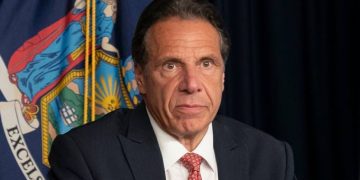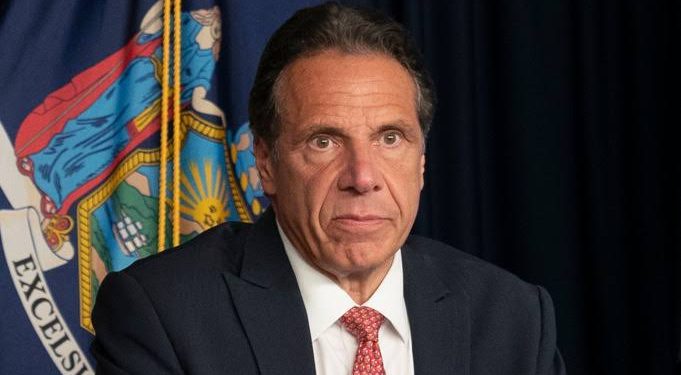By John Ikani
Andrew Cuomo, New York Governor since 2011, finally left office at 11.59 p.m on Monday, forced out by a damning report of sexual harassment.
In his final public remarks as governor of New York on Monday, Andrew Cuomo complained about what he called the unfairness of the state investigation that concluded he sexually harassed 11 women who worked for him.
After two women went public with accounts of harassment, Cuomo referred the complaints in March to New York Attorney General Letitia James, as required by law, who appointed two outside lawyers to investigate. Lawmakers in the New York Assembly began an impeachment investigation.
The damning report released on Aug. 3 by James, a fellow Democrat, was the beginning of the end of Cuomo’s decade as governor, a tenure long marked by a bruising, pugnacious approach to dealmaking that left him bereft of allies.
“You know me. I am a fighter, and my instinct is to fight this, because it is unfair and unjust in my mind,” Cuomo said in prerecorded remarks that aired on Monday.
Cuomo said he had decided not to contest impeachment proceedings in the state legislature because “prolonging this situation could only cause governmental paralysis”.
As Cuomo leaves office, New York Lieutenant Governor Kathy Hochul, another Democrat, takes over, becoming the first woman to run the state of New York.
Hochul, 62, is due to be sworn in at the State Capitol in Albany at 00:01am ET (04:01 GMT), and has promised a change in style, saying no one would ever accuse her, as the attorney general did Cuomo, of creating “a toxic work environment”.
Hochul inherits challenges including a continuing COVID-19 pandemic as she takes over a state government that has faced criticism for inaction in Cuomo’s distracted.




































